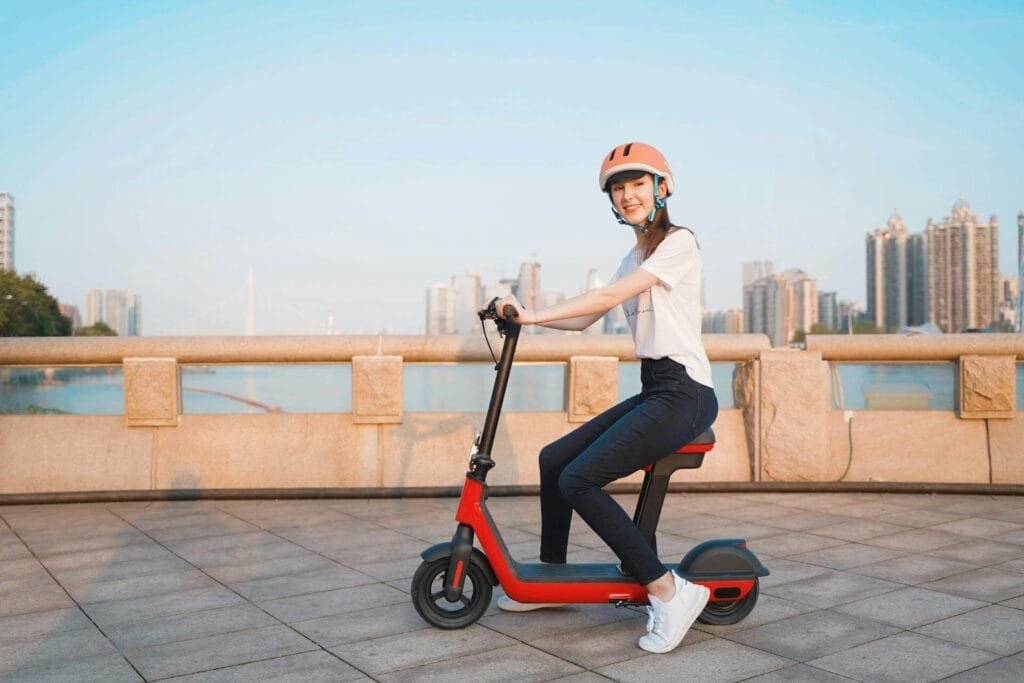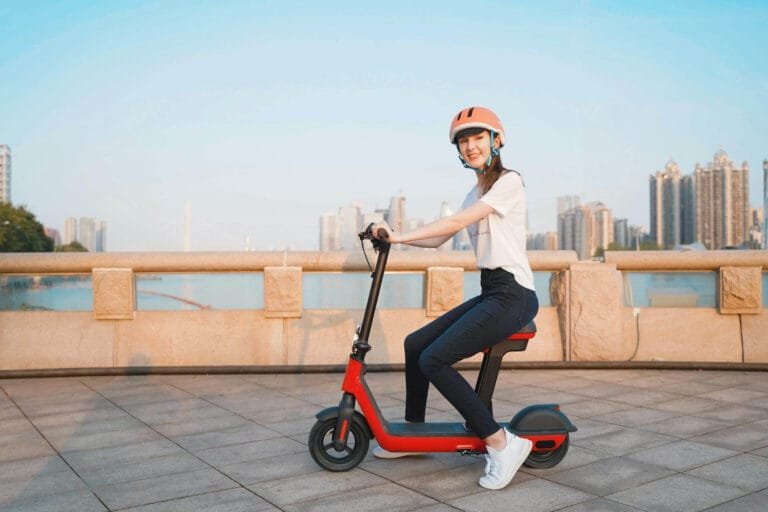Embracing Eco-Friendly Transportation In a groundbreaking move, the South Australian government has proposed significant reforms to the laws governing electric scooters and other personal mobility devices. Set to come into effect by early next year, these changes aim to legalize the use of privately owned e-scooters on public roads and bike paths, aligning them with bicycle regulations. This shift towards eco-friendly transportation is expected to have a profound impact on the way South Australians commute and travel.
The proposed reforms introduce several key changes and regulations to ensure the safe and responsible use of e-scooters and other personal mobility devices:
- Age Limit and Helmet Requirements Riders must be at least 16 years old and wear helmets while operating e-scooters. The age limit will be reviewed based on safety data, and potential adjustments may be made if necessary.
- Speed Restrictions To prioritize safety and prevent accidents, speed limits of 25 km/h on roads and bike lanes and 15 km/h on paths used by pedestrians will be implemented.
- No Registration or Licensing Unlike bicycles, e-scooters will not require registration or licensing. This decision aims to simplify the process and reduce the regulatory burden associated with public liability.
- Embracing Private Ownership and Use One of the most significant aspects of the proposed reforms is the legalization of privately owned e-scooters and other personal mobility devices, such as electric unicycles and e-skateboards, on roads and bike paths. This change recognizes the growing popularity of these environmentally friendly and cost-effective transportation options and aims to provide South Australians with more choices for their daily commutes.

Impact and Feedback
The proposed changes have been met with enthusiasm by individuals who have faced legal issues for using e-scooters on roads. Justin Coppock, who spent three days in jail for riding his electric unicycle on the road, believes that the new laws will provide relief and allow people to use e-scooters safely and legally. This sentiment echoes the growing demand for alternative transportation options that are both eco-friendly and practical.
Enforcement and Implementation
Transport Minister Tom Koutsantonis has emphasized that police will enforce the new laws, and personal insurance will cover accidents. The government will closely monitor the impact of the changes and adjust the rules as needed based on safety data and evidence. This commitment to ongoing evaluation and adaptation ensures that the reforms will continue to serve the best interests of South Australians.
Conclusion:
South Australia’s proposed reforms to e-scooter laws represent a bold step towards embracing eco-friendly transportation and creating a more inclusive and sustainable future. By legalizing the use of privately owned e-scooters on roads and bike paths, the government is empowering citizens to make greener choices for their daily commutes. As the world continues to grapple with the challenges of climate change and urban congestion, South Australia’s innovative approach serves as an inspiring example for other regions to follow.
Embrace the future of eco-friendly transportation and discover the benefits of e-scooters and personal mobility devices. Stay informed about the upcoming changes to South Australia’s e-scooter laws and be prepared to take advantage of these exciting new opportunities for green travel. Together, we can create a more sustainable and accessible future for all.





